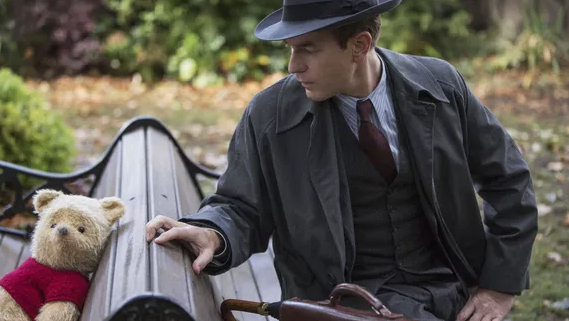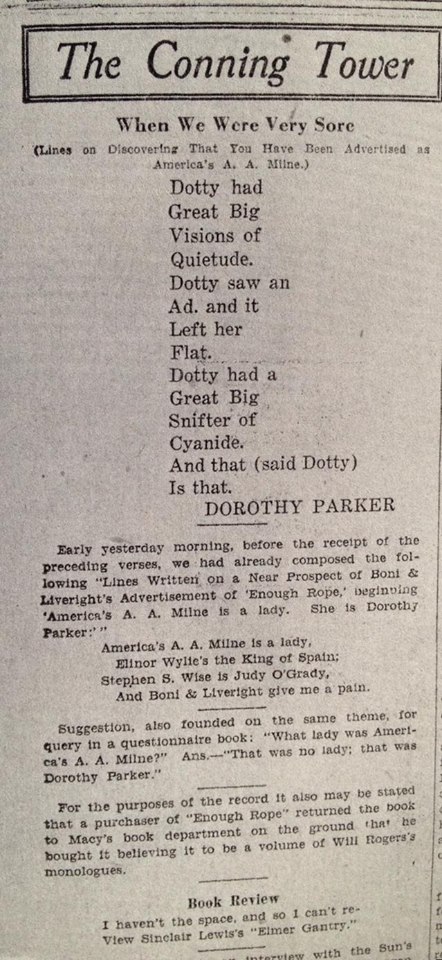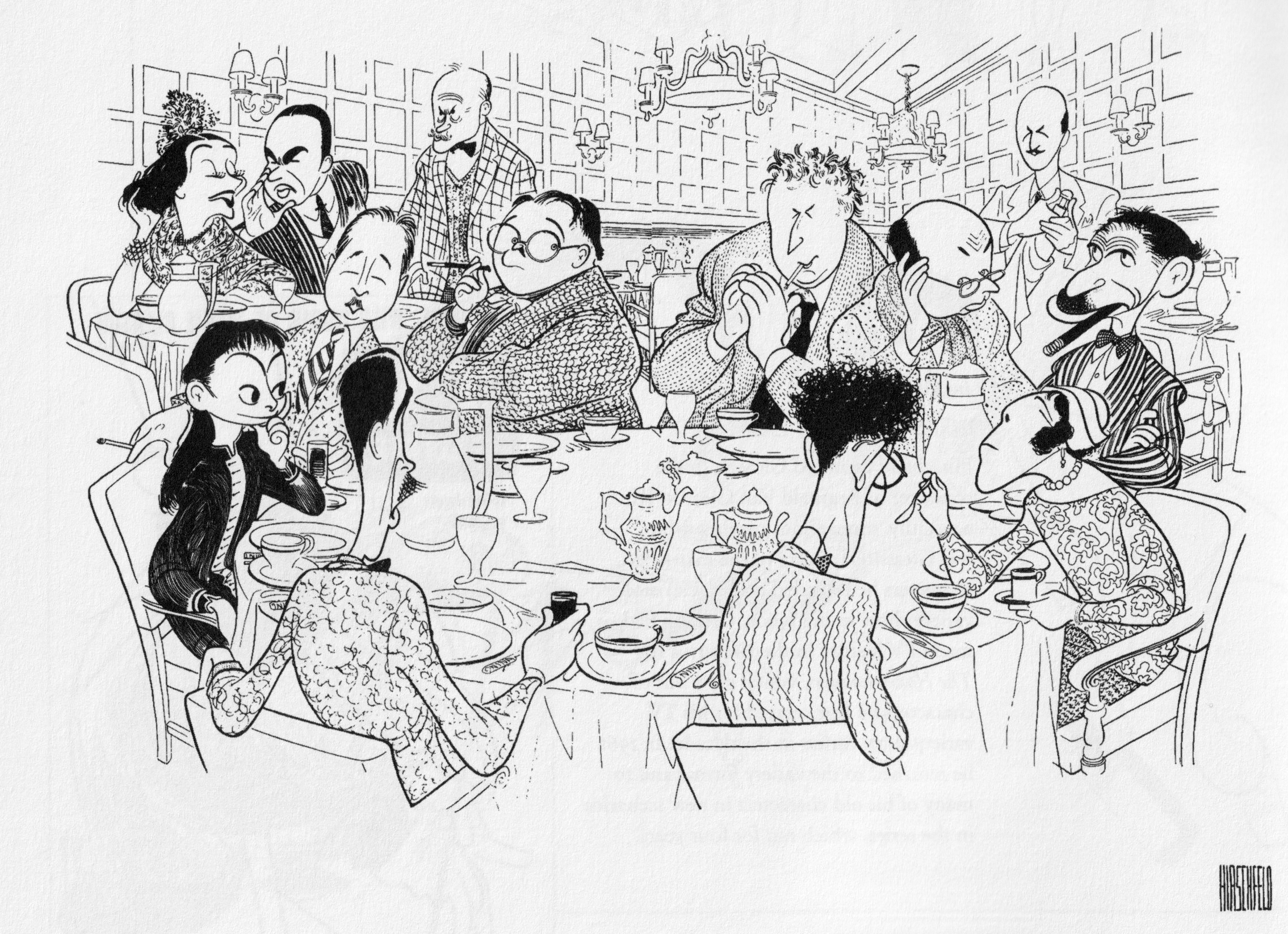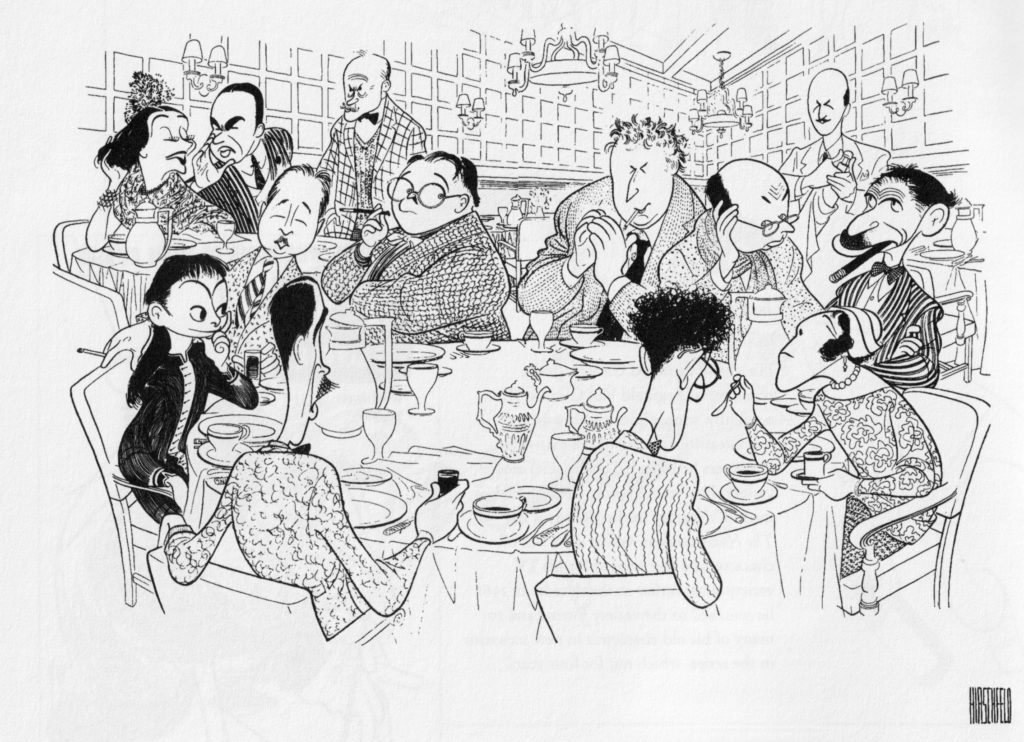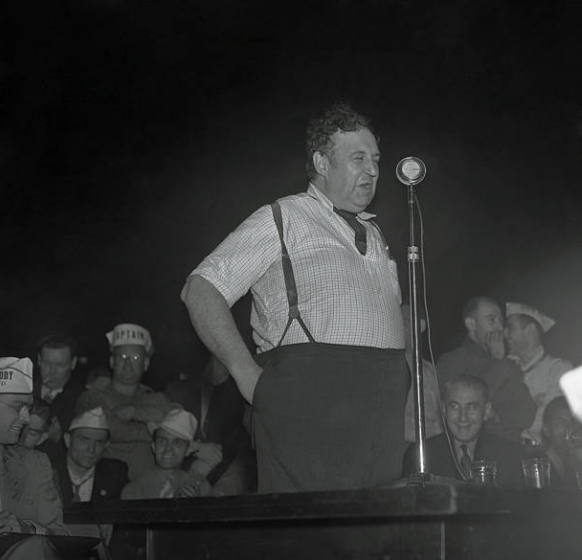
Algonquin Round Table New York: A Historical Guide (Lyons Press)
New York—Retrace the steps of the legendary wits that convened at the Algonquin Hotel in 1919 who called themselves the Vicious Circle. THE ALGONQUIN ROUND TABLE NEW YORK: A HISTORICAL GUIDE is the first book to fully explore the whole group and their world. It’s packed with photos and maps.
“That is the thing about New York,” wrote Dorothy Parker in 1928. “It is always a little more than you had hoped for. Each day, there, is so definitely a new day.”
Now you can journey back there, in time, to a grand city teeming with hidden speakeasies, luxurious Broadway playhouses, and dazzling skyscrapers. In these places, Parker and her cohorts in the Vicious Circle sharpened their wit, polished their writing, and captured the energy and elegance of the time. Robert Benchley, Parker’s best friend, became the first managing editor of Vanity Fair before Irving Berlin spotted him onstage in a Vicious Circle revue and helped launch his acting career. Edna Ferber, creator of bestselling melodramas, wrote the Pulitzer-winning So Big as well as Show Boat and Giant. Jane Grant pressed her first husband, Harold Ross, into starting The New Yorker. Herman Mankiewicz was a Times wage slave who soaked up the atmosphere, later pouring it into his screenplay for Citizen Kane. Parker wrote for Vanity Fair and Vogue before ascending the throne as queen of the Round Table, earning everlasting fame (but rather less fortune) for her award-winning short stories and unforgettable poems. These are a few of the thirty figures from backstage Broadway to newspaper city rooms in the book.
Explore their favorite salons and saloons, their homes and offices (most still standing), while learning about their colorful careers and private lives. Packed with archival photos, drawings, and other images—including never-before-published material—this illustrated historical guide includes current information on all locations. Use it to retrace the footsteps of the Algonquin Round Table, and you’ll discover that the golden age of Gotham still surrounds us.
About the Author
Kevin C. Fitzpatrick (author), president of the Dorothy Parker Society, is the author of Under the Table: A Dorothy Parker Cocktail Guide (Lyons Press). He has been leading walking tours from the Algonquin Hotel for 15 years. Visit him at fitzpatrickauthor.com.
Anthony Melchiorri (foreword) is the creator and host of Hotel Impossible on the Travel Channel. A former general manager of the Algonquin Hotel, he has twenty years experience at the top hotels in the industry.
To Pre-Order: The Algonquin Round Table New York: A Historical Guide, by Kevin C. Fitzpatrick, (Lyons Press January 2014; ISBN: 978-1-4930-0757-8)
